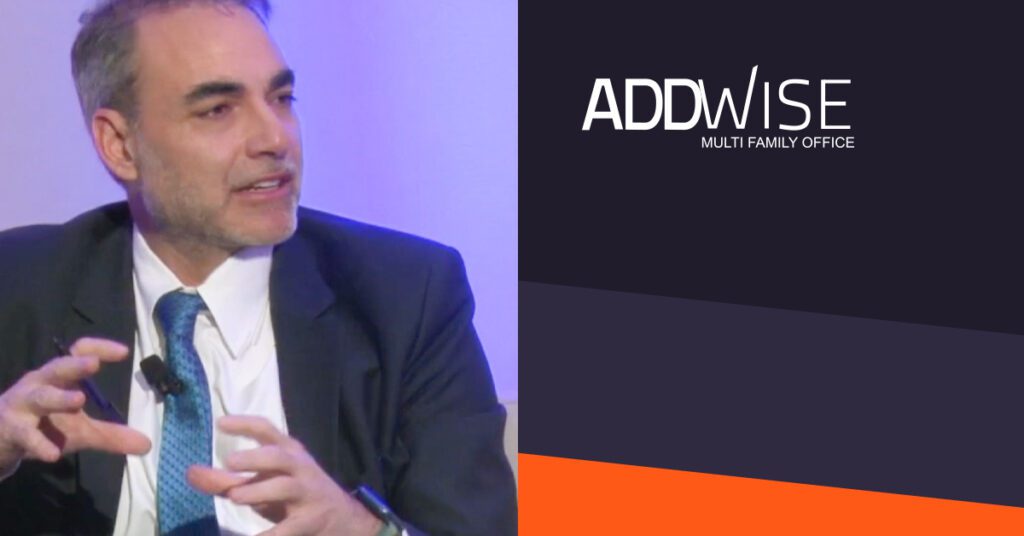In today´s seminar, organized by Addwise, Alex Fischer highlighted the importance of Chile demonstrating structural tax stability. “Each government has presented its own tax reform, with emphasis on its government plan, and this has led to a change in the basic rules every four years. The tax system of a country cannot be circumstantial, we must be able to reach a macro agreement that gives stability to the country”.
Likewise, in the face of this reform and the political changes that have taken place in recent years, he pointed out that he advises to his clients to keep calm, since the Government has shown signs of rapprochement on the most controversial issues, and that it is most likely that in Congress there will be modifications that will improve the project. Likewise, he highlighted the importance of diversifying investments and protecting assets, by improving their structure.
Regarding the Tax Reform project, he stressed that there are “many issues that have not been headlines, but as a whole they show a fairly complicated scenario for taxpayers.” Among others, he mentioned the proposals for investment funds, which weaken their position to continue developing investments in the country; the changes to the general anti-avoidance rule, which would only require an administrative declaration, also transferring the burden of proof to the same taxpayer. Regarding the control of business groups, he highlighted the total asymmetry of the relationship with the Chilean IRS, and that it is necessary to incorporate modifications that allow a consolidated and both ways instruments for the taxation of this segment.
Finally, he commented on the importance of improving the mining royalty proposal. “The current tax is very well thought out, since it is structured based on the operating income and allows weighing the different realities of the mining deposits, adapting to the profitability of the company. Now we are facing a tax that establishes a fixed component on gross sales and another that rises based on the price of copper. The problem is that this increases the long term risk, eliminating the incentives to invest. It is possible to increase the rates to collect more, but it must be based on the current structure, so that we do not kill the goose that lays the golden eggs”.
